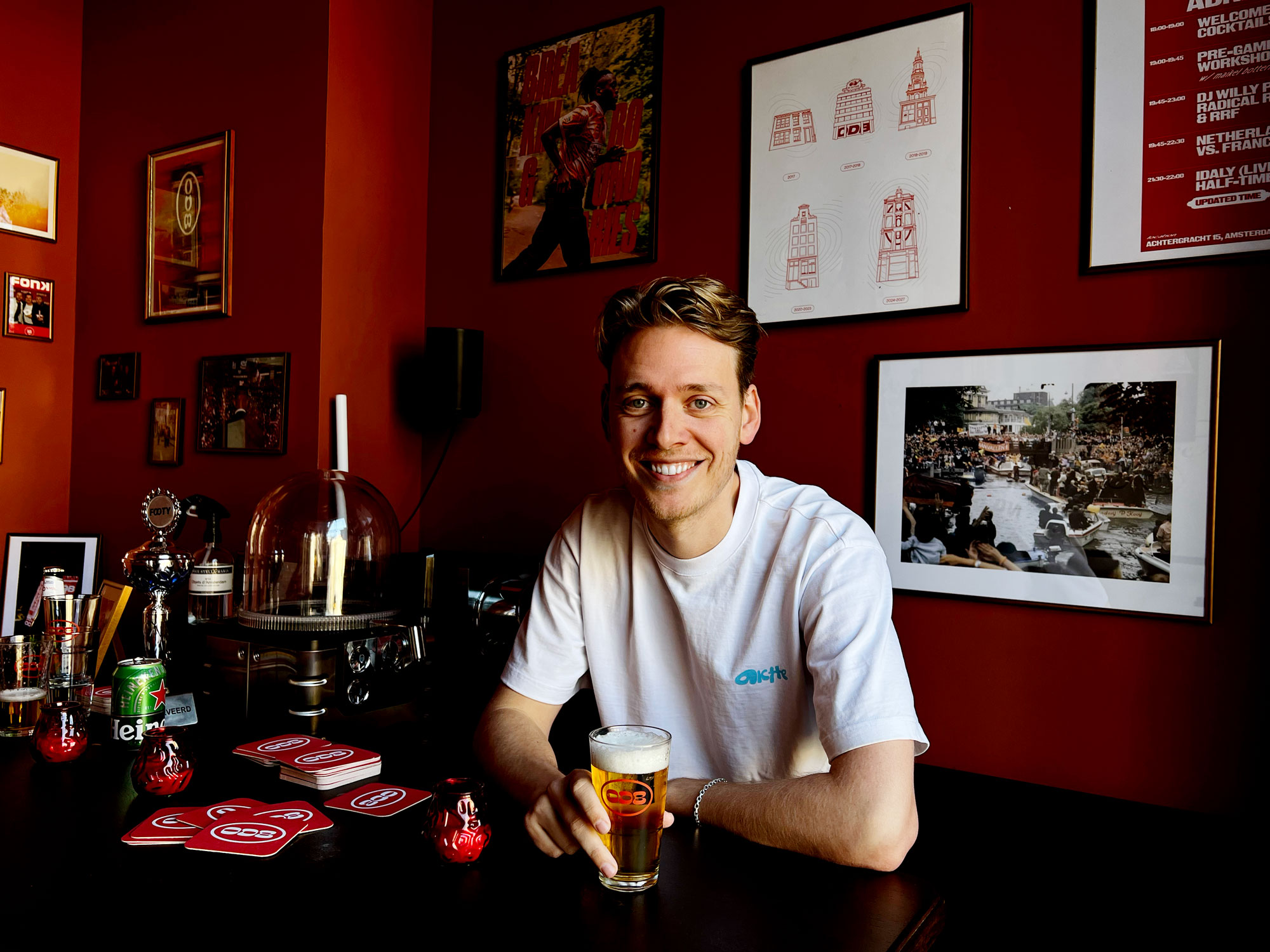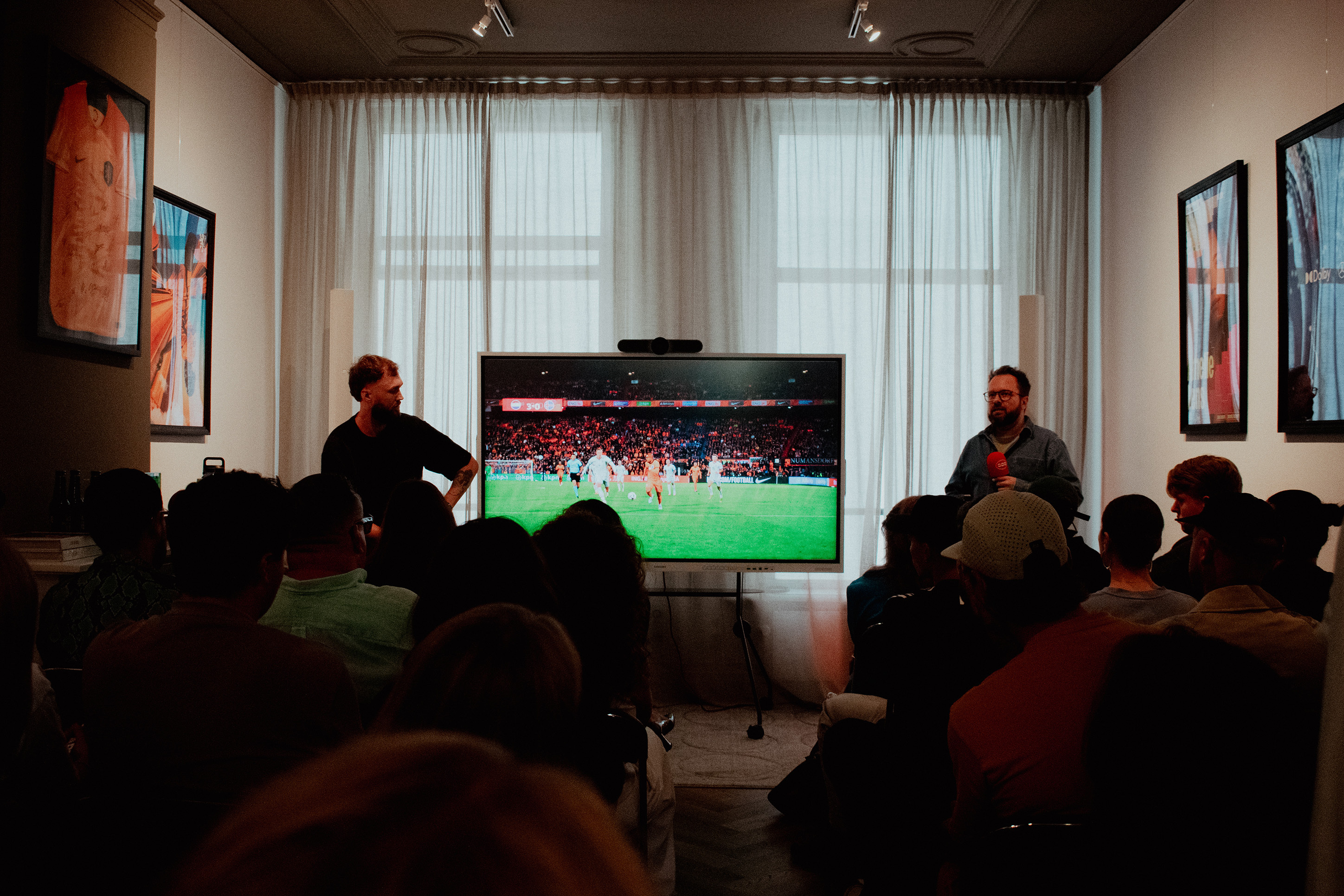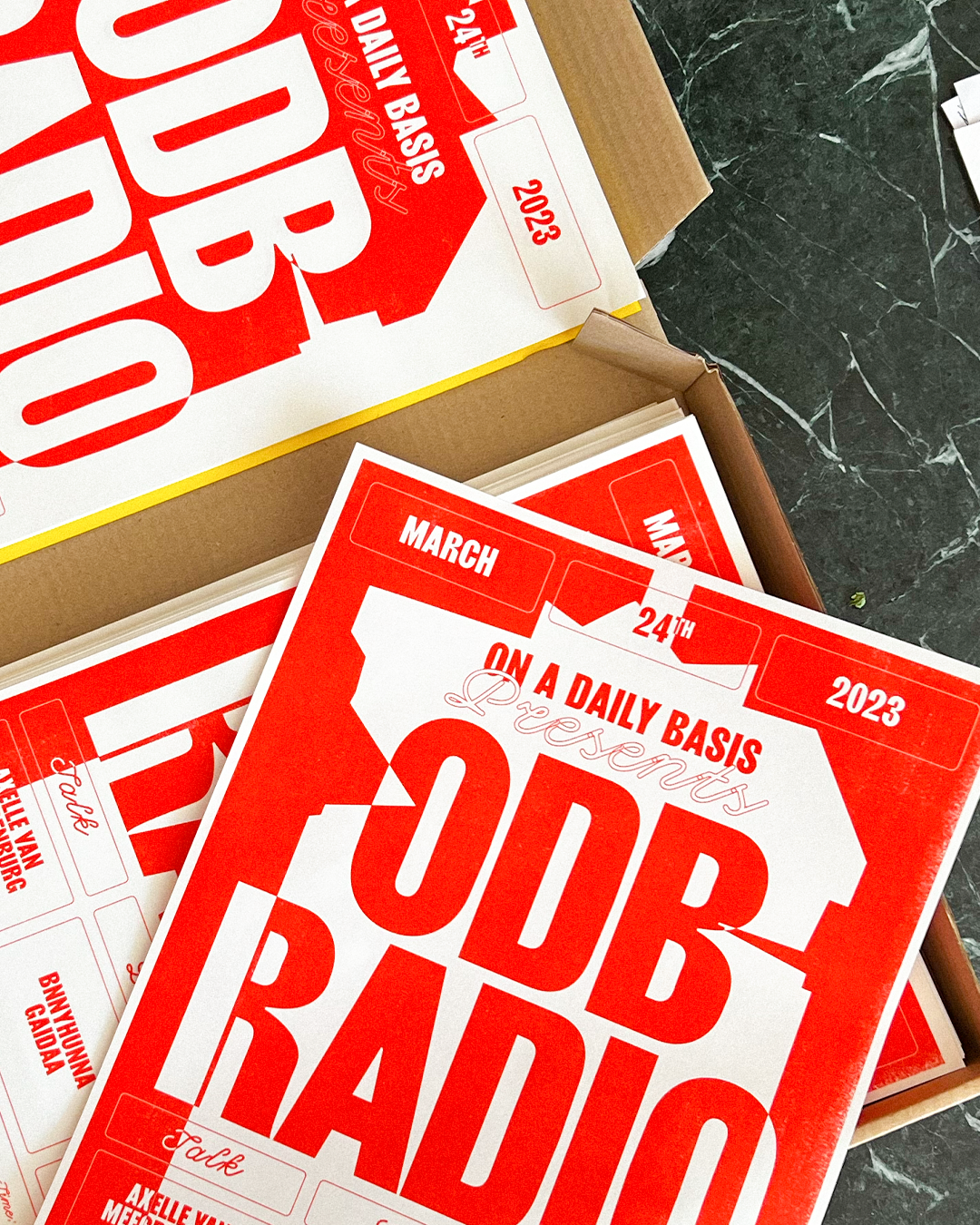From Leidseplein to Netflix: the universal power of emotion
This lesson can be learned by marketers from the hit series “Adolescence” or the music of André Hazes

In recent weeks, it was the most asked question at the coffee machine: “Have you seen the new Netflix series Adolescence yet?” A series of only four episodes, about a British boy who commits a murder. Not a typical 'whodunnit', where at the end you think: I've always known. It is precisely about the answer to the question: why? I'm not going to talk about the brilliant camera work or giving away spoilers here, I will really promise you that. I do want to talk about why I think this series is so successful, because in my opinion, for the same reason why André Hazes is still the boss in every bar.
As soon as the red light when the camera was turned on, the episode was shot in one long take. Add to this the rock-solid acting and a current social topic, and a hit series is born. All these ingredients make the series feel hyper personal. Don't say anything else, the images speak for themselves. You feel the pain when father, Eddie, his son, Adam, are little boy, sees a murder during interrogation. You feel the desperation of Katie's (the murdered girl)'s best friend and Adam's parents' sadness for what their son did. Fortunately, not all of us experience such intense things, but everyone can identify with these primary emotions. In addition, the events in the series reflect on situations where we ourselves felt these emotions.
These sincere, human and, to a certain extent, recognisable situations reminded me of something completely different, but with the same impact: André Hazes's music. With blood, sweat and tears he sang all his life. From divorces, friends betraying him to the birth of his children, so many years of his life are reflected in the albums he released. No matter what happened in his life, everyone could laugh or cry with him because of his songs. It is precisely this personal approach and emotions that make it a universal story that everyone can emotionally reflect on.
This personal approach and emotions make it a universal story that everyone can emotionally reflect on.
This paradox is also known as the universal power of the personal. The idea is that the more specific and personal a story or song is, the more it resonates with others — precisely because it feels genuine, human, and familiar. Many people working in marketing or storytelling know this, but are they also being used? How often do you not see companies that are afraid to make a choice and set up a very generic message or campaign in an attempt to “appeal to everyone”? Ultimately, this often ensures that nobody feels addressed by this, and that the message comes across as “fake”. sorry, it's not an attack against you, I never meant it like that.
After reading this, do you think: when you know everything, do it yourself? We're definitely trying to do that! At ODB, we want to understand and establish the brand properly, in order to be able to make translations from there into a visual identity or campaigns, for example. At ODB, we firmly believe in that. We don't just want to make something beautiful, we want to make something that touches you — just like a good song or a series that stays with you. Next time you get started with your brand or branding, turn on the Hazes100, and I'm sure there will be great campaigns. Don't write a brand identity or campaign idea for the masses, but from yourself or someone who knows the brand inside out. Stories that hurt, move or touch stick. Deep in my heart I know you all know this, but sometimes a little reminder isn't wrong.
Geschreven door:

Jeroen Laan

Jeroen is senior client lead for team Brand at ON A DAILY BASIS. With his experience at various agencies, he knows how to turn a company into a brand, including brand strategy and visual identity.






.jpg)






